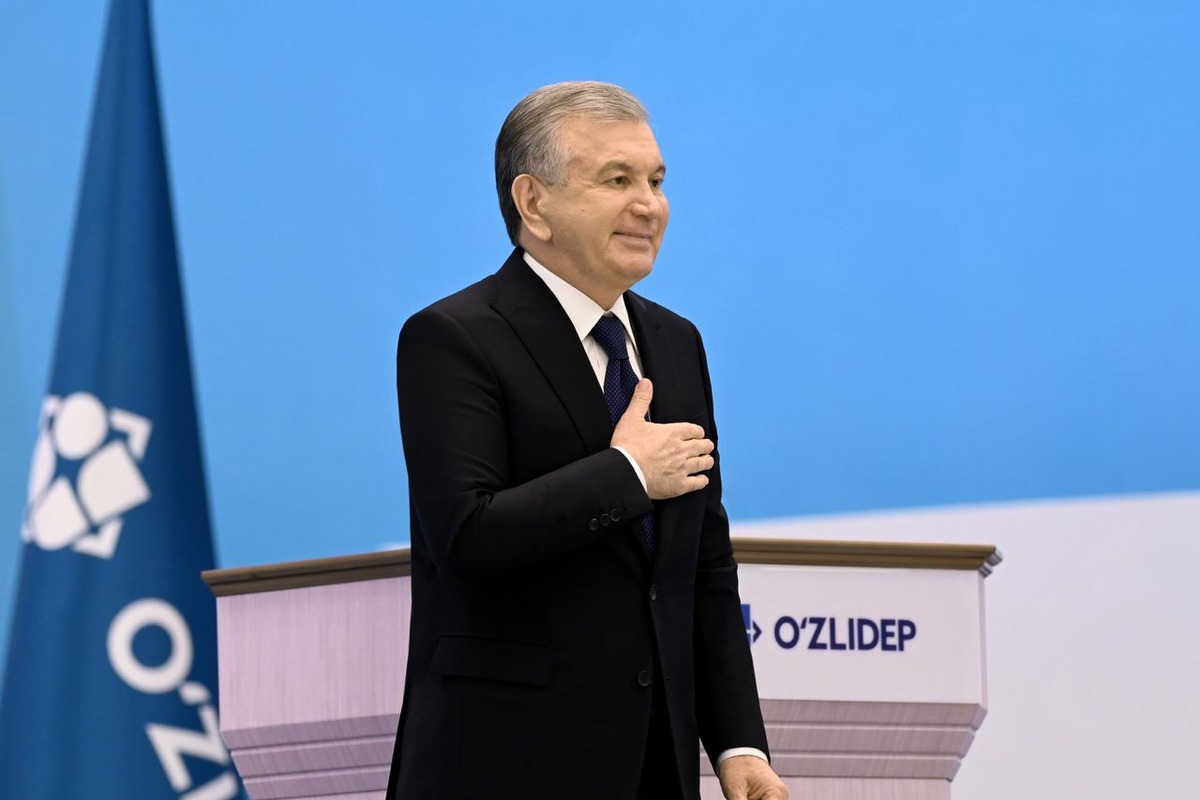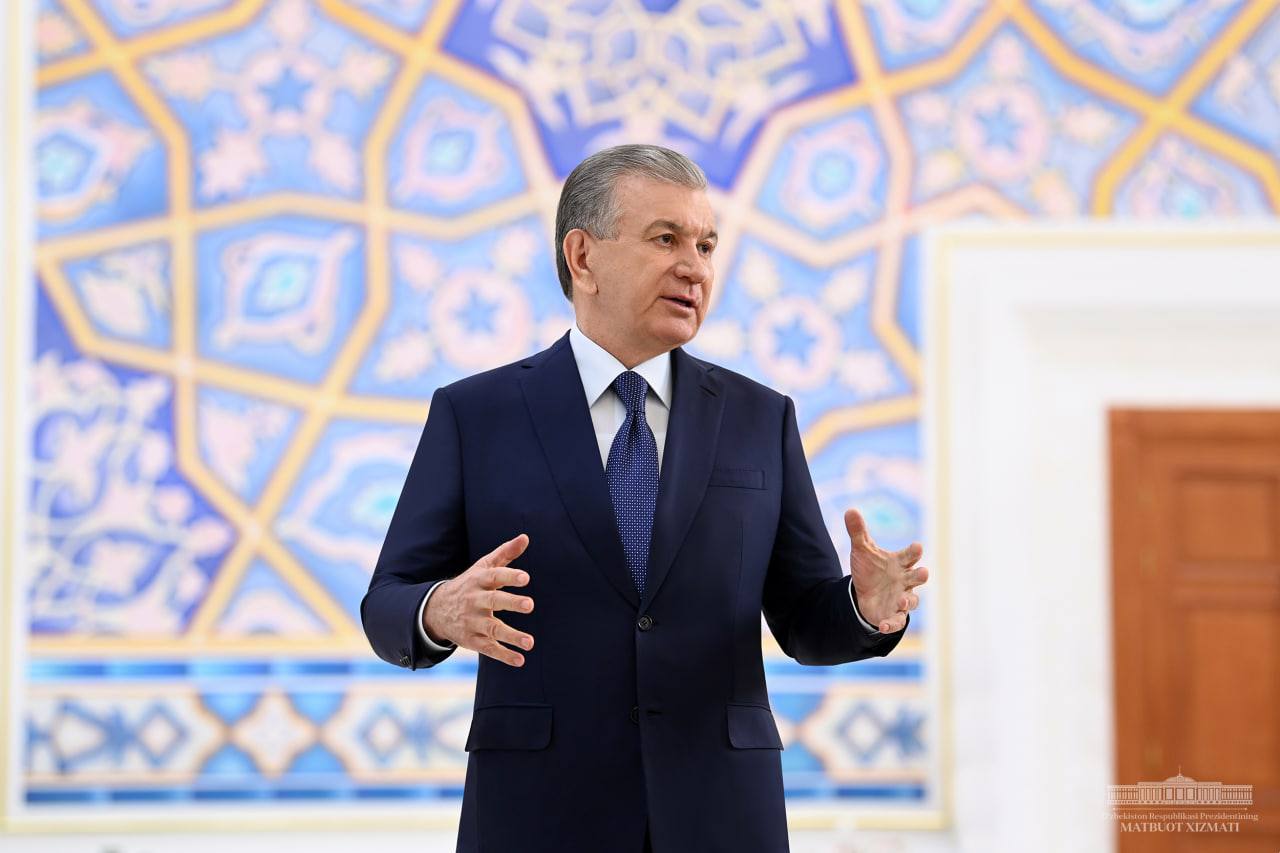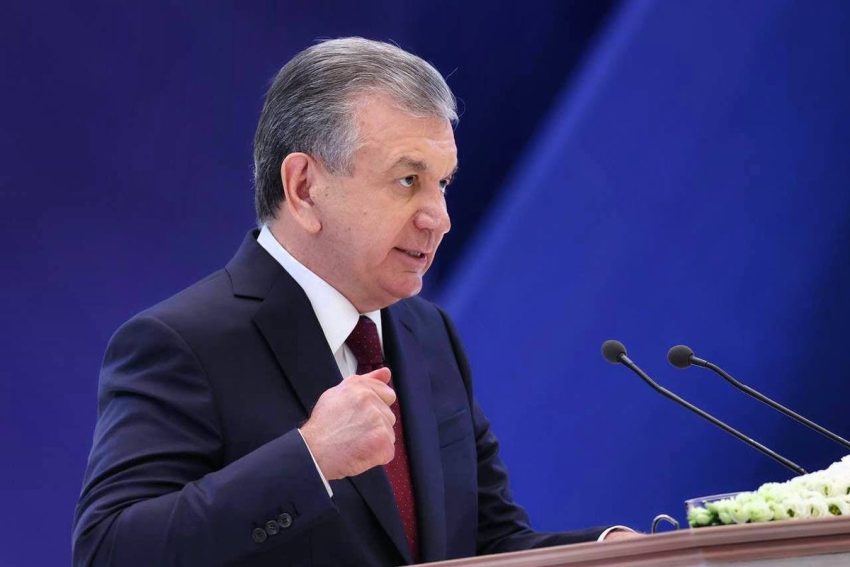Uzbekistan, a Central Asian nation with 36 million inhabitants, has undergone a remarkable metamorphosis in recent years. The country has shifted gears, actively engaging in international trade, tourism, and attracting foreign investments. It’s challenging to reconcile this with the closed, authoritarian state it was just a decade ago.
Uzbek President Shavkat Mirziyoyev’s ascent to power in 2016 marked a watershed moment, sparking sweeping reforms that propelled Uzbekistan into an era of openness and economic vitality. His recent re-election, securing the presidency until 2030 with 87 percent of the vote, solidifies his pivotal role in shaping Uzbekistan’s future.
Shavkat Mirziyoyev’s Rise: Architect of Reform
Born in 1957 into a family of medical professionals, Shavkat Mirziyoyev’s journey to the presidency was marked by his education in irrigation and agricultural mechanization. His diverse career traversed academia, parliamentary roles, mayoral positions in Tashkent, and governorships in Jizzax and Samarqand provinces. Ascending to the premiership in 2003 before assuming the presidency in 2016, Mirziyoyev leveraged his multifaceted administrative experience to drive comprehensive reforms upon assuming office.
Economic Renaissance through Foreign Investment

Shavkat Mirziyoyev spearheaded an economic renaissance, pivoting towards foreign investments and privatizing state-owned assets to reinvigorate Uzbekistan’s economy. Germany emerged as a pivotal European partner, channeling over $2.5 billion in investments into Uzbekistan over the past two years. The country currently hosts around 200 German-affiliated companies, featuring prominent names like MAN, CLAAS, Knauf, and Falk Porsche Fiberglass.
Amplifying Global Trade Dynamics
Uzbekistan, historically a significant exporter of cotton, uranium, gold, fruits, and vegetables, previously monopolized the production and export of these goods. Mirziyoyev’s reforms dismantled the prevalent practice of forced labor in cotton fields and actively encouraged private and foreign investments in the textile industry. Germany, as Uzbekistan’s largest European trading partner, witnessed bilateral trade volumes reaching $1.2 billion last year, with a staggering $929 million in the first half of this year.
Green Energy Impetus
In a bid to reduce dependence on fossil fuels and modernize the economy, Shavkat Mirziyoyev set an ambitious goal to elevate renewable energy’s share in Uzbekistan’s energy mix to 40 percent by 2030. Collaborating with European, Chinese, and Middle Eastern partners, Uzbekistan has initiated the commissioning of numerous solar and wind power installations, signaling a significant shift towards sustainable energy sources.
Uzbekistan’s Development Trajectory

Shavkat Mirziyoyev endorsed Uzbekistan’s comprehensive development strategy, Uzbekistan 2030, a collaborative effort involving various ministries, parliamentarians, and experts. The strategy outlines ambitious targets, including doubling the GDP by 2030, increasing exports, enhancing education and healthcare, and raising citizens’ incomes above the global average. To realize these objectives, Uzbekistan aims to attract $110 billion in foreign investments, where Germany stands as a steadfast ally and contributor to progress.
Shavkat Mirziyoyev’s vision and leadership have propelled Uzbekistan into an era of openness, foreign investments, robust trade partnerships, and sustainable energy initiatives. His transformative reforms have positioned Uzbekistan as a dynamic and progressive nation, poised for substantial growth and prominence on the global stage.

